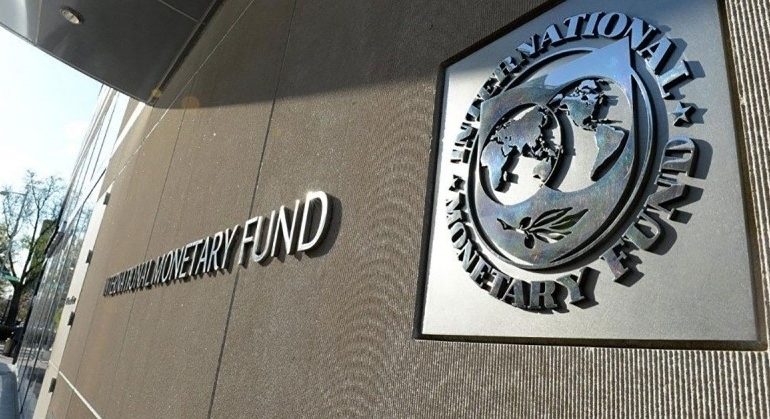In countries with significantly decreased corruption level, the share of the GDP tax income is usually growing. The International Monetary Fund has published the research about the corruption level decrease and the tax administration improvements in different countries of the world. The research lists Georgia and Rwanda Republic as the best examples in this regard.
Specifically, Georgia and Rwanda are among those countries that reached the important progress within the short amount of time. In the index of the corruption control, Georgia and Rwanda reached the greatest progress since 1996.
“Despite the remaining challenges in these countries, the achieved progress is still very impressive”, – reads the report.
At the same time, IMF notes, that until 2003 Georgia was one of the most corrupted countries in the world. “The facts of bribery and highly corrupted tax administration process caused the country’s tax mobilization to reduce to a minimum. Since 2003, the country commenced the processes of anti-corruption politics. A number of the regulations dropped, with the corruption elimination out of the public services being the main priority, which lead to the important improvement in terms of the business environment in the country. Within this period, the state arrested a number of officials and carried out a significant, full police reform.
As a result, in the 2003-2008 period in Georgia, the GDP tax share has increased from 12% to a total of 25%. This growth is one of the highest in the world”, – reads the report.
Yet, it has to be noted, that high-level corruption remains one of the main challenges in Georgia. Thus, in TI corruption evaluation index, Georgia holds the 41st position. The organization marks, that “This is the regress in the democracy field, which increases the risks of the high-level corruption, meaning that the country needs the surveillance in the future.” Freedom House estimates Georgia in a similar way, noting, that despite the country’s progress regarding corruption, the elite corruption remains a problem; and there are frequent instances of nepotism within the government.













